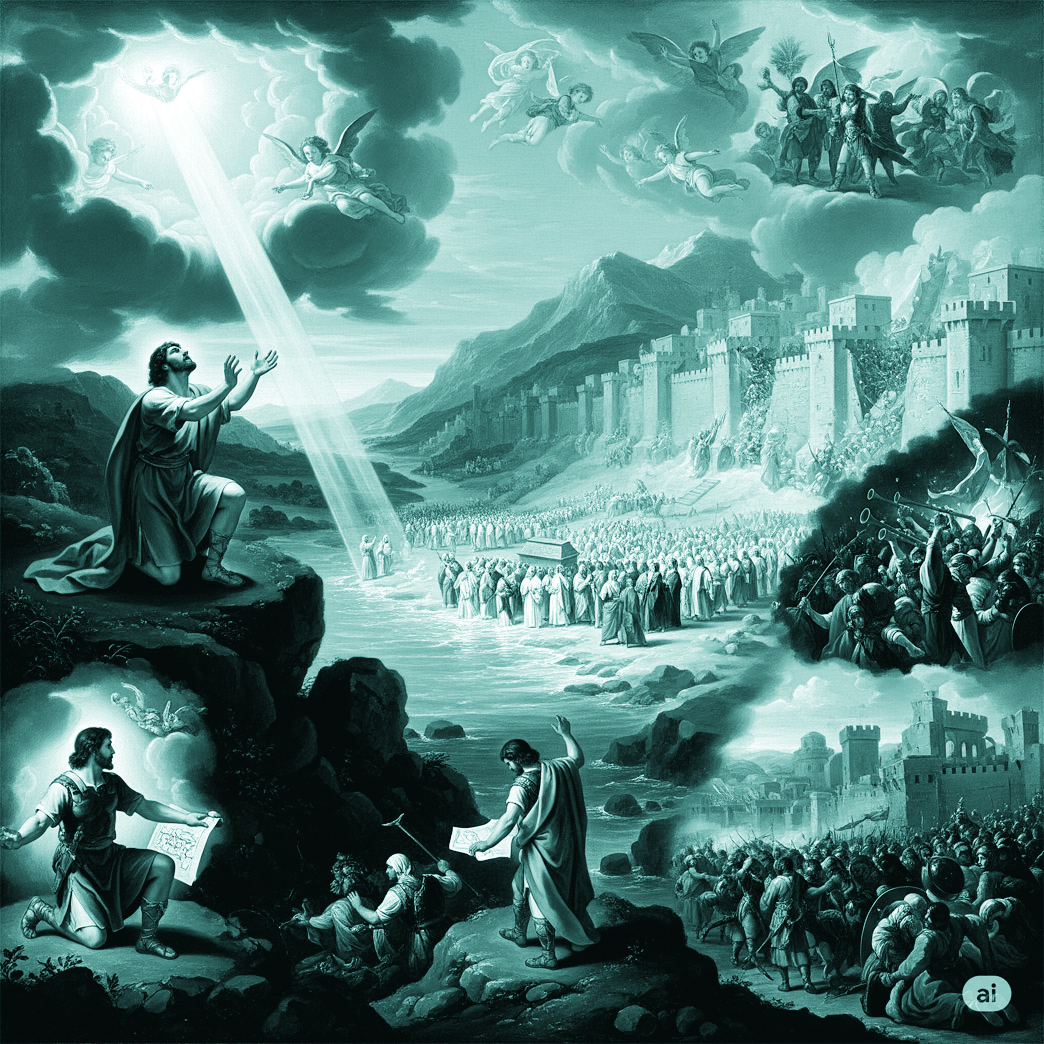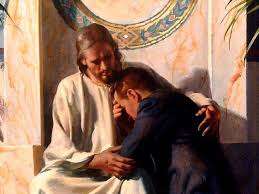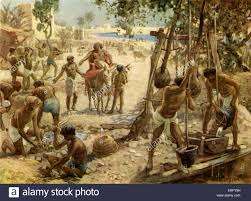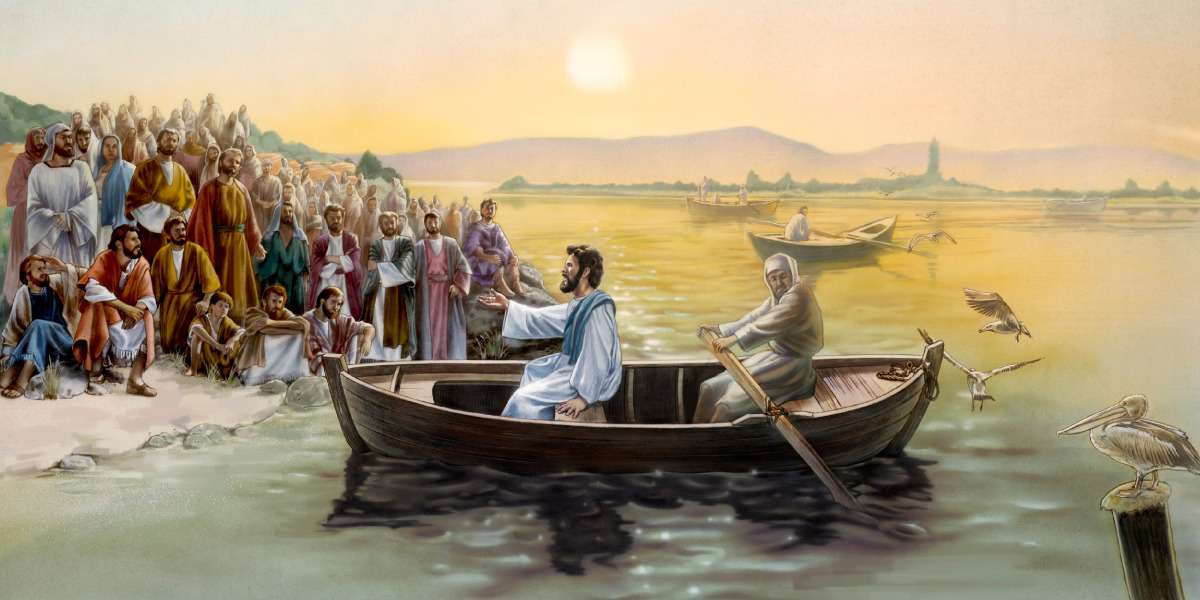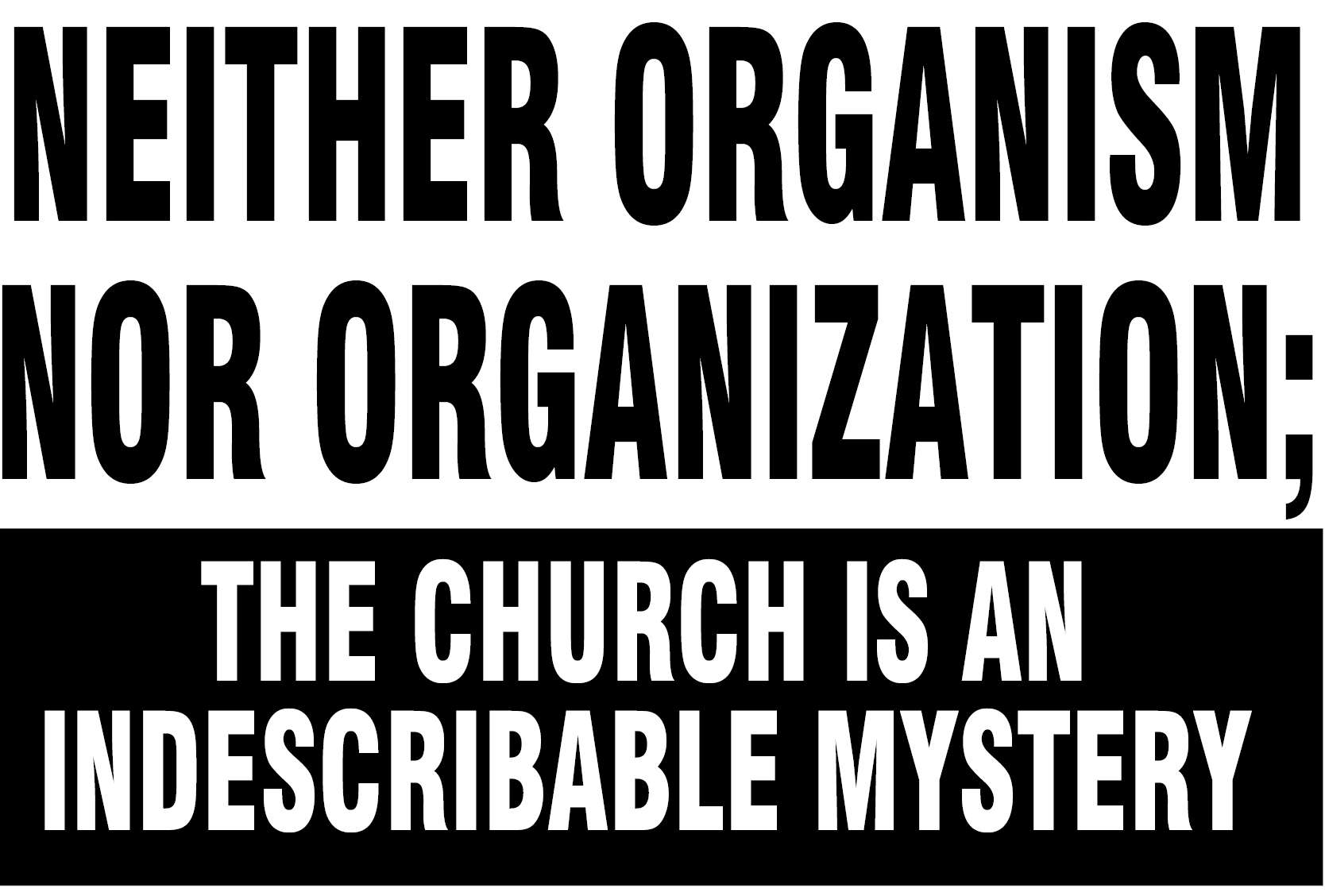

The Shepherd & The Mission
Dr. J. N. Manokaran
Shepherd is one of the most loved terms in the Bible. In the Old Testament, David personified God as His personal shepherd in his evergreen Psalm 23. Leadership is considered as Shepherd-ship in contrast to Boss-ship. David shepherded his people as their king. (Psalm 78:72) Jesus is the Good Shepherd, who will bring other sheep into His fold! (John 10:1-16) He is the Chief Shepherd, who has other shepherds watching His flock! (I Peter 5:4) He is the Great Shepherd, who through His blood makes us complete! (Hebrews 13:20)
One of the favourite parables of Lord Jesus Christ: “Now the tax collectors and sinners were all gathering around to hear Jesus. But the Pharisees and the teachers of the law muttered, “This man welcomes sinners and eats with them.” Then Jesus told them this parable: “Suppose one of you has a hundred sheep and loses one of them. Doesn’t he leave the ninety-nine in the open country and go after the lost sheep until he finds it? And when he finds it, he joyfully put it on his shoulders and goes home. Then he calls his friends and neighbours together and says, ‘Rejoice with me; I have found my lost sheep.’ I tell you that in the same way there will be more rejoicing in heaven over one sinner who repents than over ninety-nine righteous persons who do not need to repent.” (Luke 15:1-7) This parable provides some insights about our Shepherd's concern for the mission. Here are four major areas of mission this parable brings to us.
1. Principles of Mission
“This man welcomes sinners and eats with them,” (Luke 15:2) this is how Pharisees and teacher of the Law muttered about the Good Shepherd. Lord Jesus Christ came into this world not to destroy sinners and protect the righteous; instead to redeem or save or reclaim the sinners. The foremost principle of mission for the Shepherd is to indentify and dwell among sinners with an expressive intention to save them. The God of the Bible does not keep a distance from humanity but interferes and intervenes in day to day life. God loves sinners and Lord Jesus Christ died for sinners. His highest expectation of response from humanity is repentance and faith in Jesus Christ.
Lord Jesus Christ went to people where they were - seashore, tax collector, office, pools, funerals, weddings, homes. He did not wait in the temple for people to come as some churches do - ‘cathedral mentality’. The misconception is that the bigger and more beautiful the church building, more people would come. Mission happens where the lost sheep are. The place could be our own homes or neighbourhood community or workplace or parks or malls or faraway places. Jonah had to go to Nineveh and God did not order Ninevites to come to hear the preaching of Jonah in Israel.
As Lord Jesus Christ was sent by the Father, he is sending his disciples in mission: ”I am sending you out like sheep among wolves. Therefore be as shrewd as snakes and as innocent as doves”(Matthew 10:16). It would have been wonderful if he had said, “I am sending you out like lion among wolves”. Though He is Lion of Judah, He became Lamb of God which is the principle of incarnation - stepping down. The disciples of Lord Jesus Christ must understand the principle that God is sending us into the world with the purpose of redemption of all human beings by being servants.
2. Priority of Mission
In the parable of Lord Jesus Christ, there were one hundred sheep in a flock. When the shepherd led them for grazing, one of them went missing. The shepherd in his daily count finds one missing. The Chief Shepherd leaves the ninety-nine in an open country under the care of his co-shepherds, takes a search operation and finds the lost sheep. For the shepherd, the lost one was of immense value. The ninety-nine in the safe haven was not a major concern in comparison with the one lost sheep. The priority of the shepherd’s task was to search the lost one which was vulnerable and would perish if not rescued immediately. If attacked by wild animals, the sheep could die and would be beyond the scope of rescue or redemption. The task was not only a priority, it was also urgent. The lost sheep cannot survive by itself, even if it is not attacked by wild animals.
Exposed to extreme weather conditions, lack of food or water and loneliness could mean natural death for the lost sheep. Delay means danger and death for the isolated sheep. In another context, our Lord talks about the ripeness factor. The harvest is ripe and ready for harvest. If the harvest is delayed the grains may rot. There is always a sense of urgency in missions.
3. Process of Mission
The process of mission is searching the lost, which is risky and dangerous. It would be a night operation, when the situation is dark. The dark long shadows of the trees make the operation more difficult. The moonlight may not be sufficient and the shepherd may have to carry a torch. The operation would be in unfavourable terrain or landscape. There would be hills, valleys, cliffs and burrows. The shepherd should be watchful of his steps and should have sharp sense of direction. Wild animals could target the shepherd, if the shepherd is adamant to rescue the lost sheep. The life of the shepherd himself is at risk and danger. The process of operation involves high level of motivation, commitment and sacrifice. Love of Christ compels us to be involved in this noble but dangerous job - emotional task. Any other motivation is inadequate for missions. Lord Jesus Christ demonstrated God’s love by coming into the world to die for sinners. The same love has to motivate us for missions. The Will of the Inner person makes commitment to this great task. This is not half-hearted commitment.
They cannot take excuses for ‘burying the dead’. The physical task of searching is possible only when there is sacrifice on the part of the shepherd. The task demands high physical fitness, like managing long hours without sleep; being on high mental alert making mind map of search operation; responding quickly to attacks of wild animals. Mission involves our whole being; physical, mental, emotional, spiritual and social life.
There are other sheep that are not from this pen, they need a shepherd and pen. “I have other sheep that are not of this sheep pen. I must bring them also. They too will listen to my voice, and there shall be one flock and one shepherd.” (John 10:16) The focus of mission is global and each and every individual on this planet earth. Sometimes, mission begins and ends within the four walls of the church. However, it is not so. People are out there. Mission reaches to the remotest corner of the planet earth wherever people are inhabited. No nation, no culture, no race, no people group, no language group is exempted from the great Gospel embrace.
4. Product of mission
“And when he finds it, he joyfully puts it on his shoulders and goes home.” (Luke 15: 5-6) The Shepherd carries the lost sheep on his shoulders and brings it back home. It is reunion and reconciliation. The lost relationship is restored through the work of the shepherd. The obvious result of the mission is that the sheep is back home with the rest of the flock. It is not only the relationship with the shepherd, also relationship with other sheep. The lost sheep finds the shepherd and also a community (the local church). As each sheep needs a shepherd, each person needs the Saviour. ” When he saw the crowds, he had compassion on them, because they were harassed and helpless, like sheep without a shepherd.” (Matthew 9:36) Providing the love and relationship of the shepherd which is reciprocated by the sheep being in the pen is the result of mission. However, this beginning continues to eternity.
The sheep is in the place where it rightly belongs. Each person in the depth of his/her heart has a longing to belong. The Shepherd gives the sense of belonging and identity by the relationship. It is possible by a person exercising his/her faith in Lord Jesus Christ. (John 1:12). The sense of belonging is experienced in day to day life by being a member of Body of Christ through the local church. The community of sheep or the flock provides edification to build up the sheep to maturity.
Challenge
The Incarnation itself is the mission of God to the perishing world. The Good Shepherd is the personification of mission. His birth, life, ministry, death, burial, resurrection, ascension and glorification are different aspects of the mission of God. It is impossible to separate mission from the Shepherd. While other religions teach about man searching for God, Christianity teaches about a God who is searching man. This search began in the Garden of Eden and continues and will continue until His Second Coming.
It is a great privilege to be under-shepherd of the Good, Great and Chief shepherd in bringing sheep into the fold.
As disciples of Lord Jesus Christ, we play a double role. We are sheep of His pasture (also little flock) and also shepherd for those who are not in the fold. ”Do not be afraid, little flock, for your Father has been pleased to give you the kingdom.” (Luke 12:32)

